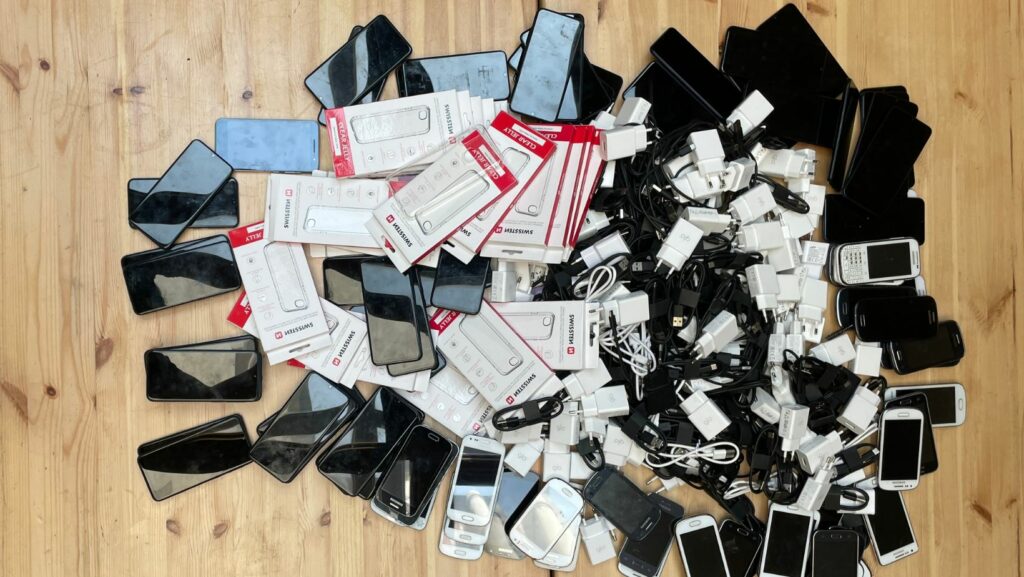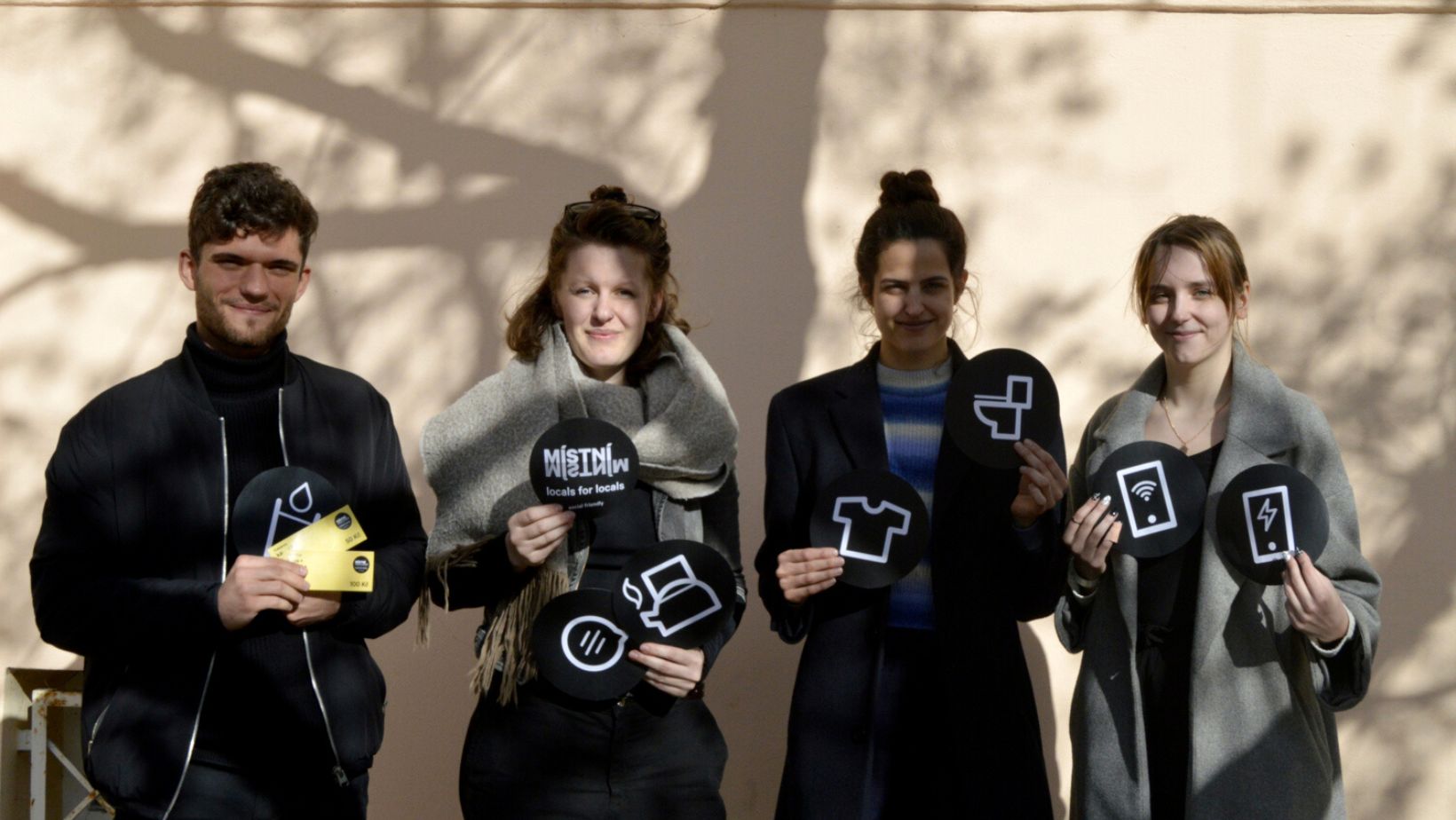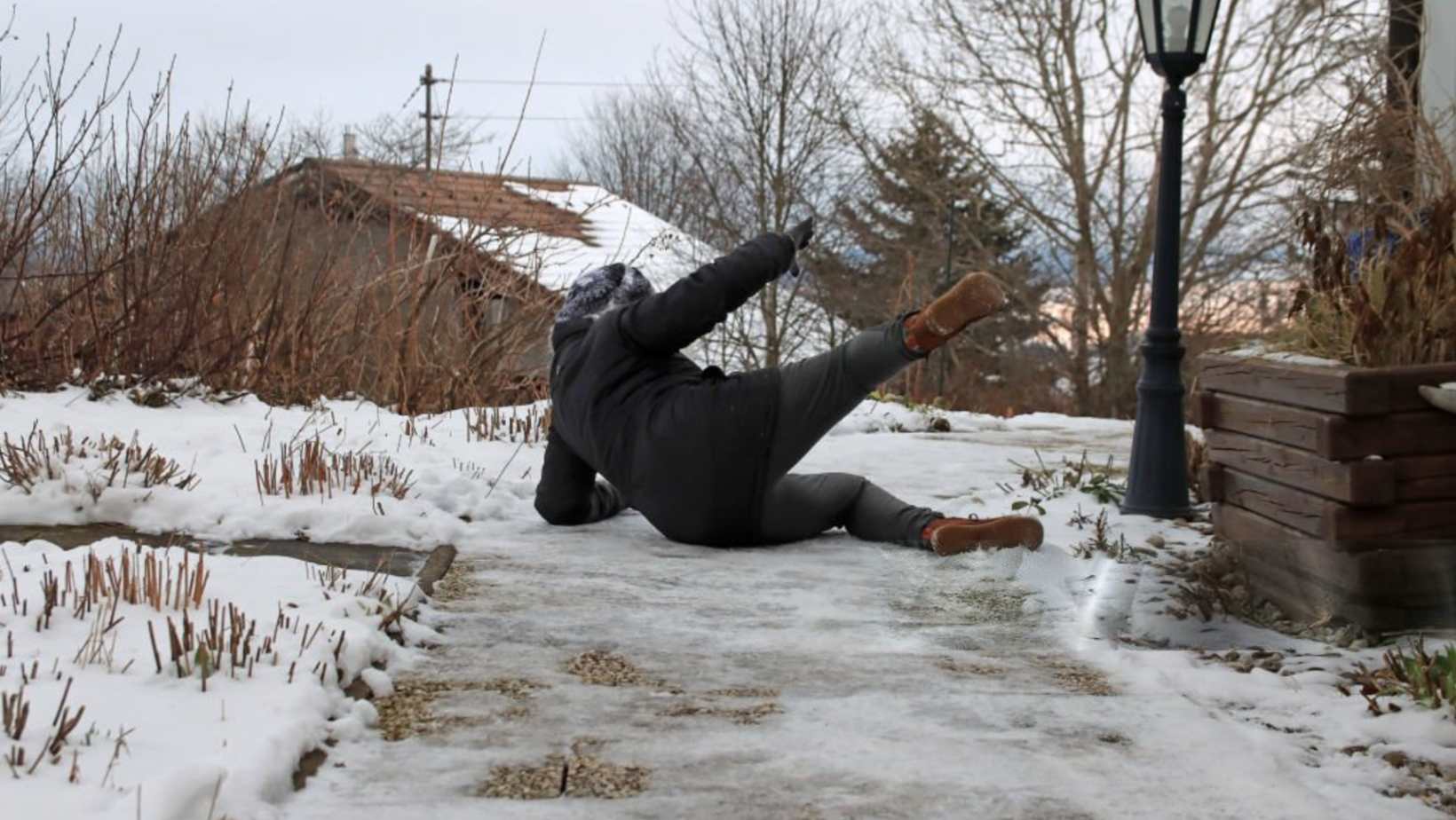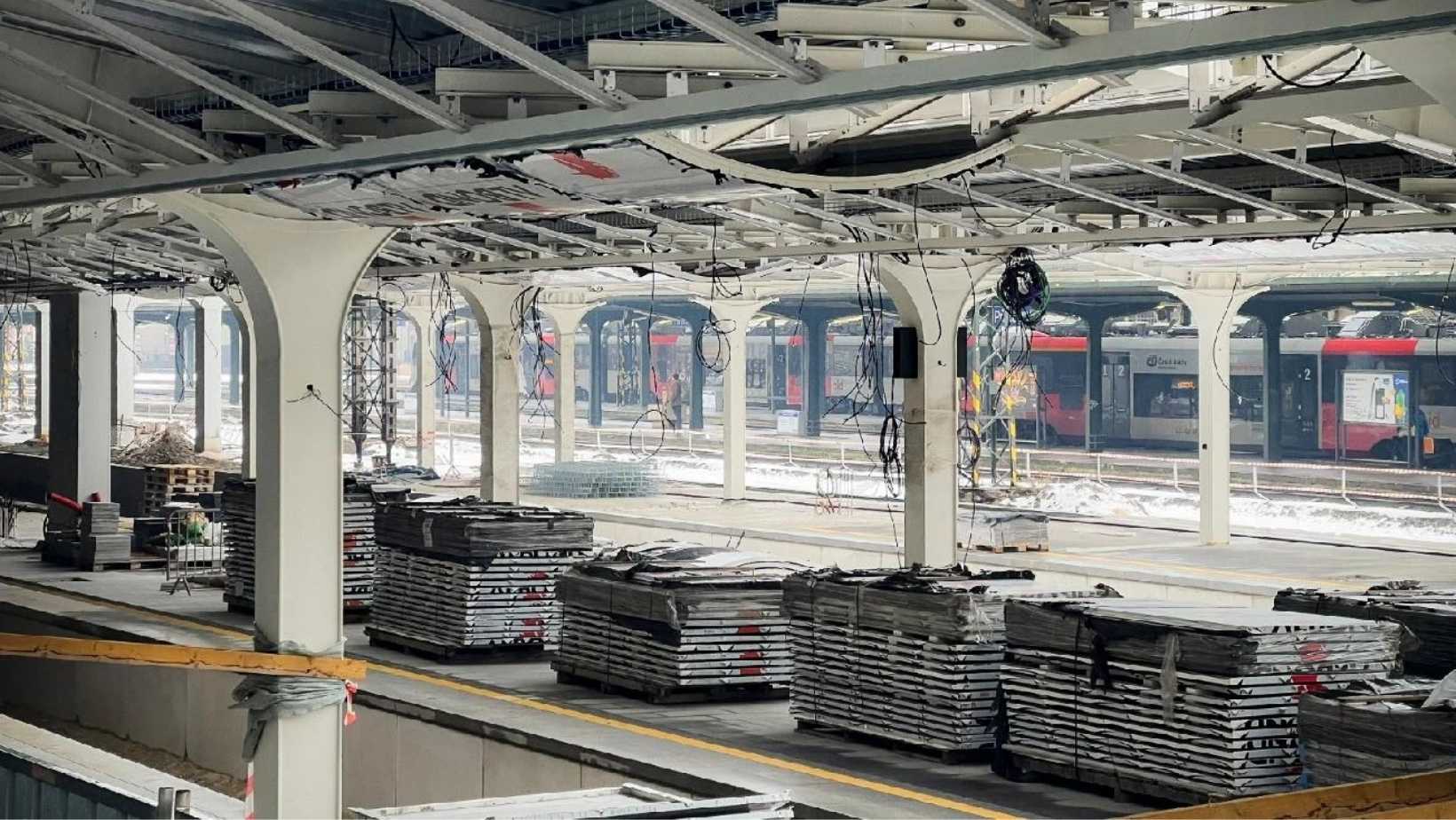Místní místním is an NGO that connects local businesses into a network that provides small services to people in need, free of charge. Prague Morning spoke to two members of the organization.
The main focus of Místní místním is the creation of a “Solidarity Network” of local businesses that help, support, and empower those in need, such as people without a home or the people with lower income, through providing services including free Wi-Fi, free water, free food, and free entertainment.
Místní místním’s “Solidarity Network” currently consists of 23 places, covering 8 Prague districts. The network includes multiple cafés, restaurants, community centers, two second-hand shops, two libraries, and a theater. Those in need are free to come and are then provided services, as much as each of the places is able or willing to give.
“Once we get in touch with a new local business and include them in our network, we try to make sure that they are fine with the values of our organization, which are respect, communication, and inclusion,” says Ester Pacltová, one of the founders of Místní místním. “We don’t discriminate against anyone.”
Indeed, Místní místním wants to break the barriers of communication between those in need and those who can help, where inclusivity plays a major role. The idea originally came to Ester in 2017, after working with people without homes in the organization Naděje.
“While working for Naděje, I’ve seen that many people without a home have these small needs that we would easily be able to fulfill as a society if we didn’t have the barriers and the stereotypes,” Ester explains.
She soon surveyed 150 people without homes and saw that the majority of them agreed that access to services such as free Wi-Fi, water, food, or just a place to sit and rest could improve their life quality considerably.
Místní místním started by creating a network of 4 cafés willing to offer services to those in need, which has since expanded rapidly and keeps on doing so. Up until today, they have helped numerous people, while those involved in their solidarity network feel enriched by the experience of helping too.
“I think the best thing about the (Místní místním’s) project is that it helps to reduce stereotypes in society towards people without homes. It also teaches us about ourselves, how to set and keep boundaries, how to communicate and help without being taken advantage of,” reads the testimony by prostor39, a cultural space that is a part of Místní místním’s Solidarity Network.
But what are some of those negative stereotypes and misconceptions about those without homes and those in need, according to Místní místním?
“People often assume that people without homes are drunk and on drugs most of the time and that they are not able to function within the general public. For some of the people without homes, this is true, but it’s not for most of them,” says Tereza Malá, a member of Místní místním.
“The definition of homelessness is much broader,” explains Ester. “People without homes are not only those living in the streets, but living in inadequate or sub-standard housing. So, the group of people without homes is actually bigger than what society thinks.”
The exact number of people without homes is not known precisely. The Ministry of Social Affairs conducted a survey in 2022 and found that 270 00 people in the Czech Republic needed adequate housing, while 18 000 were living with no roof over their heads. The survey was only conducted among those with Czech citizenship, meaning that the number could be higher.
However, it is not only those without homes that require help.
“That is also a common misconception about our organization – that we only help people with no home,” explains Tereza. “We also help people who have homes, but can’t afford coffee, people who don’t have jobs, and other people in need.”
A big necessity for those in need is regular access to a cell phone, according to Ester and Tereza. Místní místním’s latest project collects old phone donations. Chargers and SIM cards are also welcome.

“Having a phone is a bare minimum for people to look for a job or stay in contact with their families,” explains Tereza. “One of the common misconceptions is that people in need do not want to get help. And I believe that society just doesn’t give them enough opportunities to even try. People will not give them jobs because they think they are on alcohol or drugs, but also because they don’t have a phone on which they can be reached.”
The phone donations started in May, and Místní místním has since collected over a hundred phones, 51 of which were donated by Nadační Fond Simony Kijonkové and 36 of which were donated by Remobil. The donations are going to be checked for functionality and sent to several NGOs and organizations, such as Naděje or La Strada, that will then distribute them to those in need.
The donations are still open and you can contact Místní místním if you would like to donate. The contact list can be found on their website. Additionally, you can support Místní místním’s cause through monetary donations here.
As for the future, Místní místním hopes to expand their solidarity network even further, possibly including businesses such as pet shops and hairdressers. However, the first step is to stabilize the organization fully. They are currently backed by the Prague City Council but are ultimately looking for more funding.
“We want to achieve our dreams and expand the network as much as possible. We really want to help people in need stand on their own two feet and break the stereotypes that surround them in our society,” concludes Ester.
-
NEWSLETTER
Subscribe for our daily news










